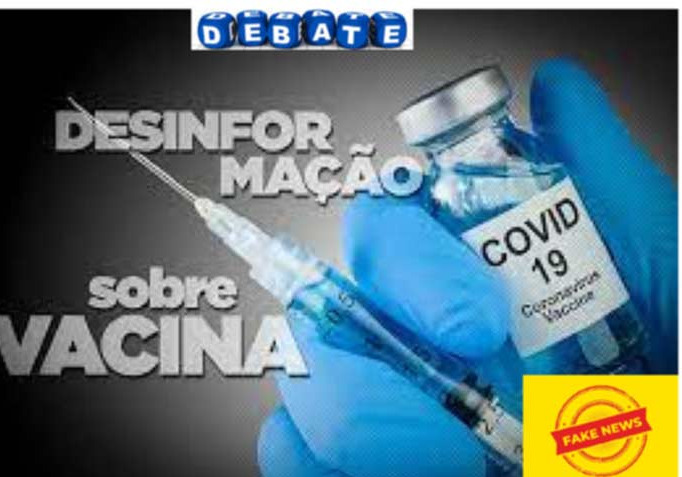
Fake news on anti-COVID-19 vaccination debated in Brazil
Brasilia, July 5 (RHC)-- The Senate temporary commission that oversees measures to combat COVID-19 in Brazil is holding a virtual public hearing to discuss the issue of fake news about vaccination and communication campaigns.
The Senate Agency informed that the deputy director of the Brazilian Intelligence Agency, Frank Márcio de Oliveira, and the president of the Brazilian Press Association, Paulo Jerônimo de Sousa, are invited to the videoconference, among others.
On June 29, the Senate approved the requirement extending the operation of CT-Covid-19 for another 120 days. The extension request was submitted by Senator Confucio Moura, chairman of the board. According to the portal Sanar Medicina, with the growing expansion of anti-vaccine groups on social networks, a part of them in the South American giant, illusory information about the drugs to combat COVID-19 is beginning to spread strongly.
It mentions that among the main topics of the fake news it appears that the immunizer will modify the DNA of humans, contains in its composition cells from aborted fetuses and is part of a plot of the American billionaire Bill Gates to implant microchips in humans.
The site also denounces that 'volunteers participating in the trials died as a result of the use of the vaccines." Recently, the World Health Organization (WHO) warned institutions and authorities about what it called Infodemia.
It clarified that this concept "consists of conspiracy theories, false news, rumors and other content spread around the pandemic, which contribute to an increase in cases and deaths from COVID-19."
"Drinking alcohol at a high concentration can disinfect the body and kill the virus" is one of the most widespread and led scientists to estimate that 5,876 people were hospitalized, 800 died and 60 were blinded.
The director general of the WHO, Tedros Adhanom Ghebreyesus, stated that disinformation about vaccines is a major threat to global health and also called for help in the fight from the social networks Facebook, Google and Twitter.
"Leading digital organizations have a responsibility: to ensure that their users can access information about vaccines and health, and do more to get the word out around the world that vaccines work," Dr. Tedros Adhanom said.

